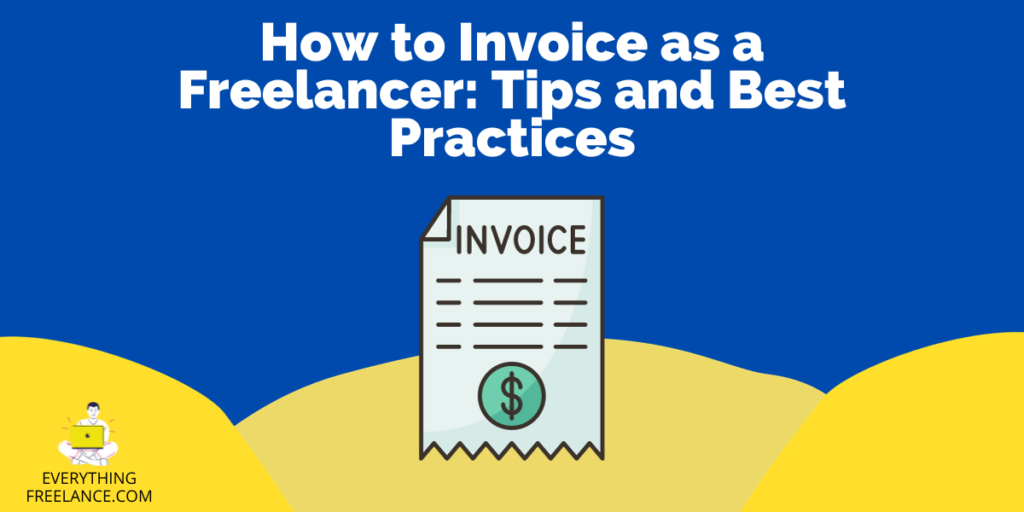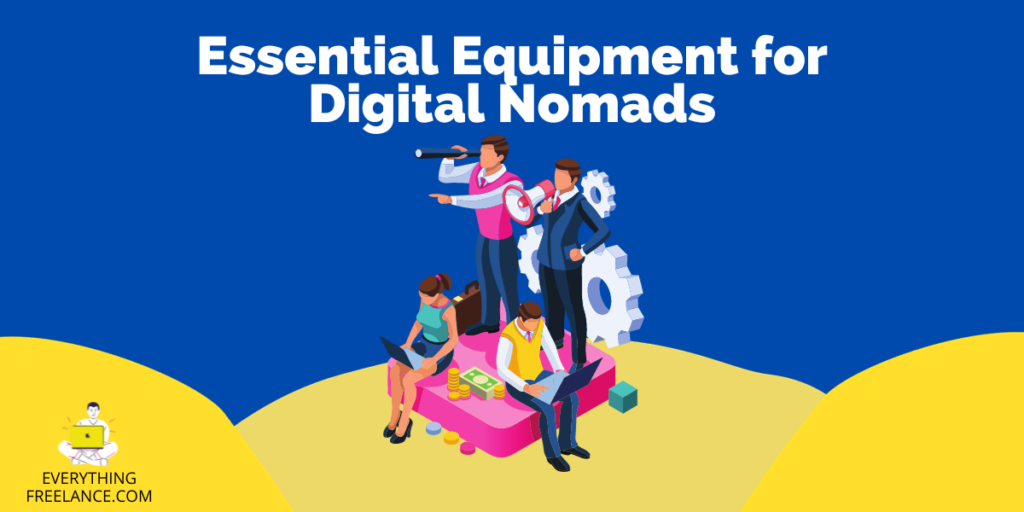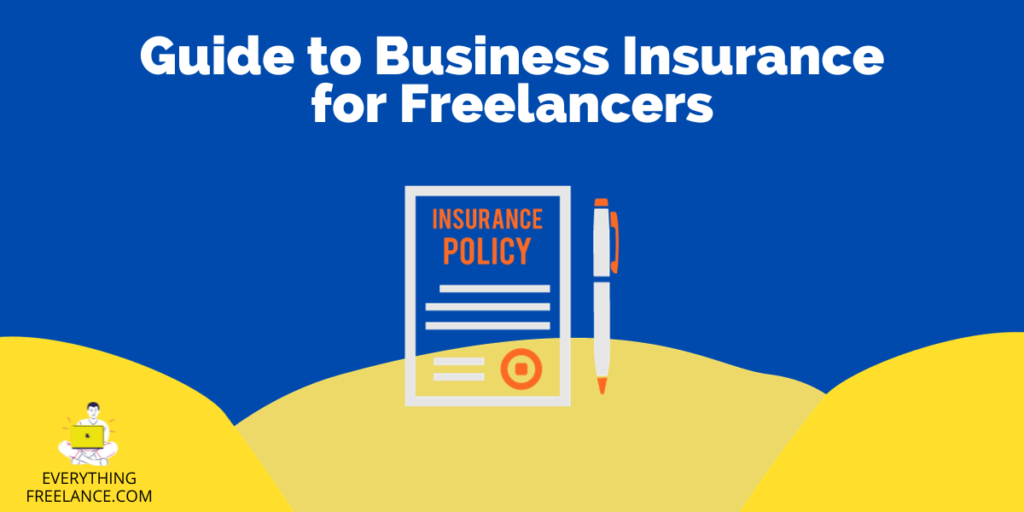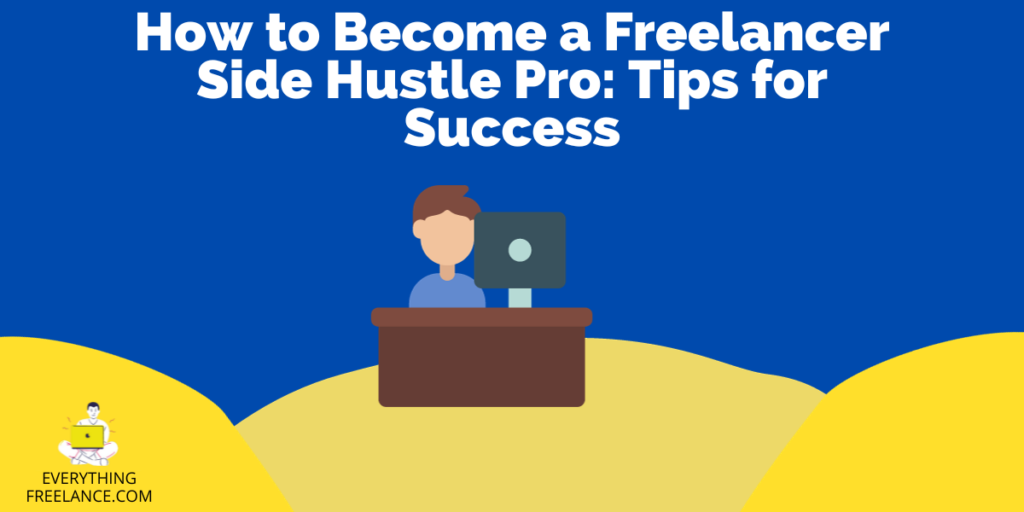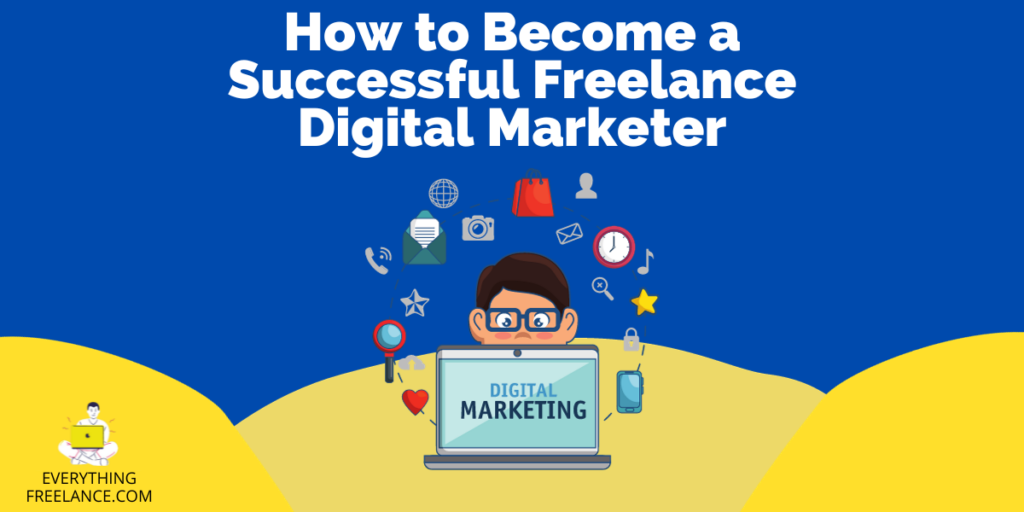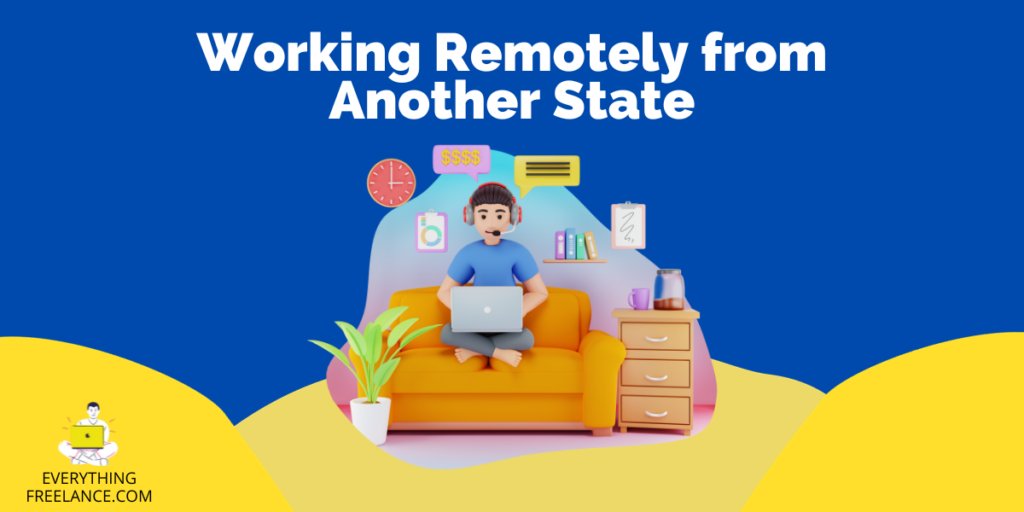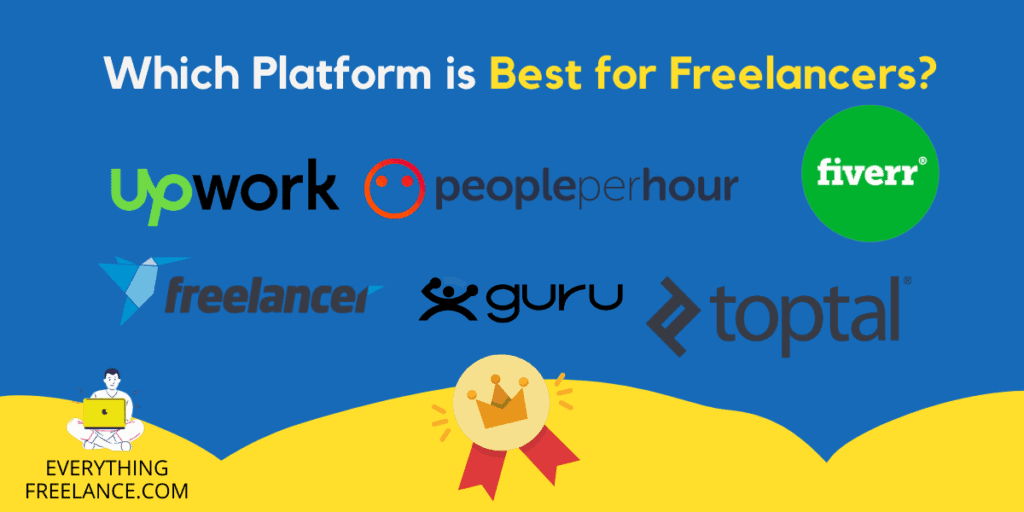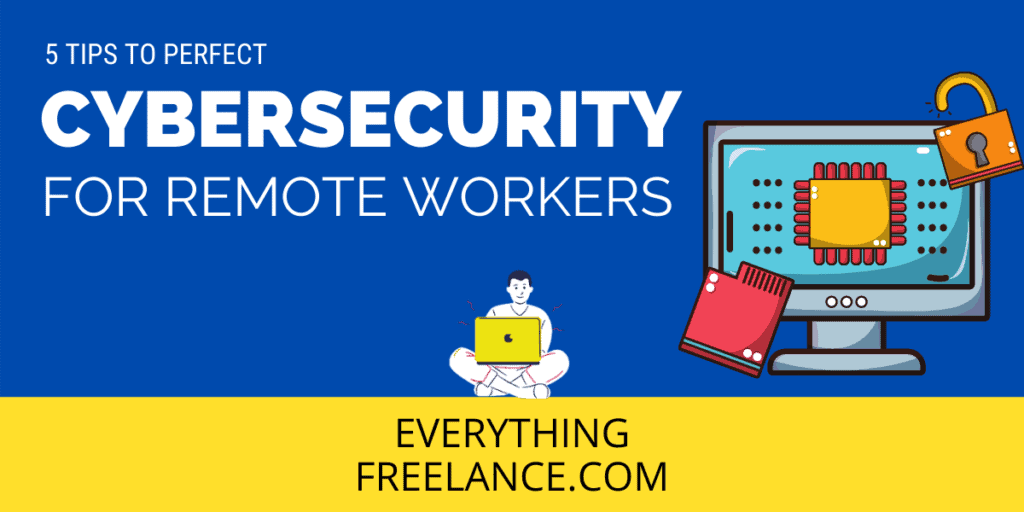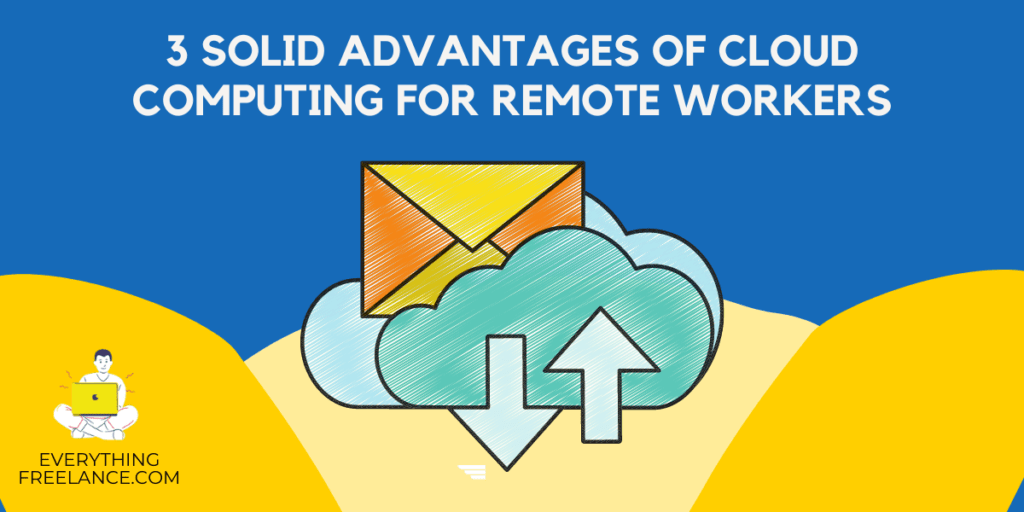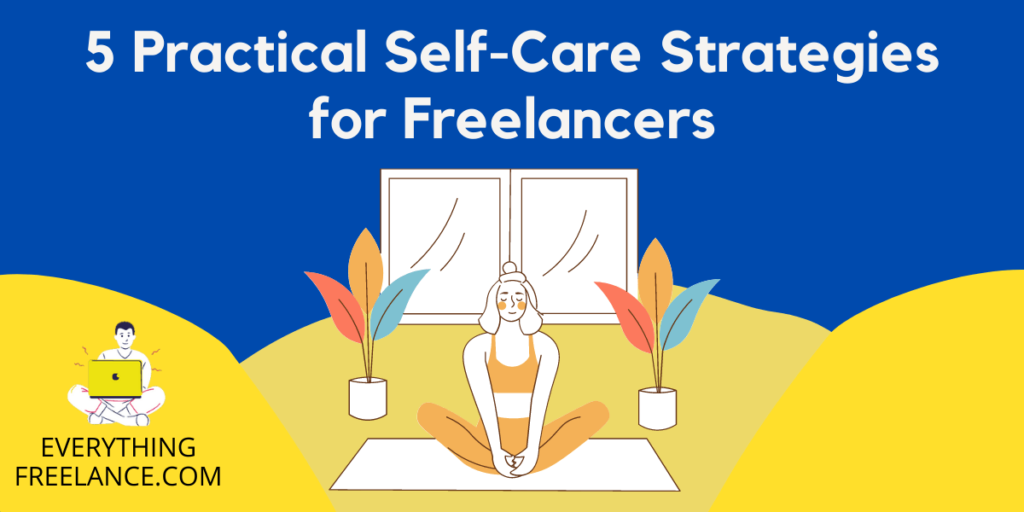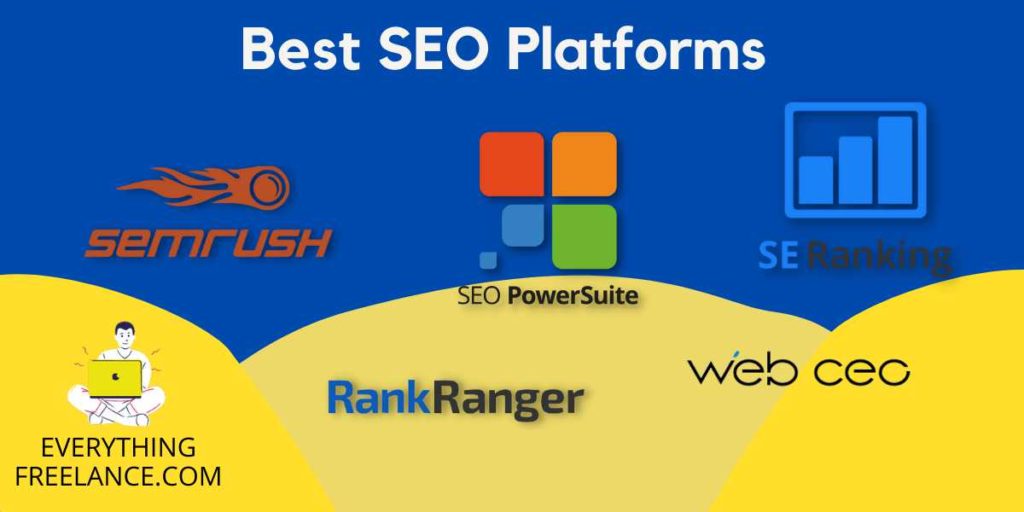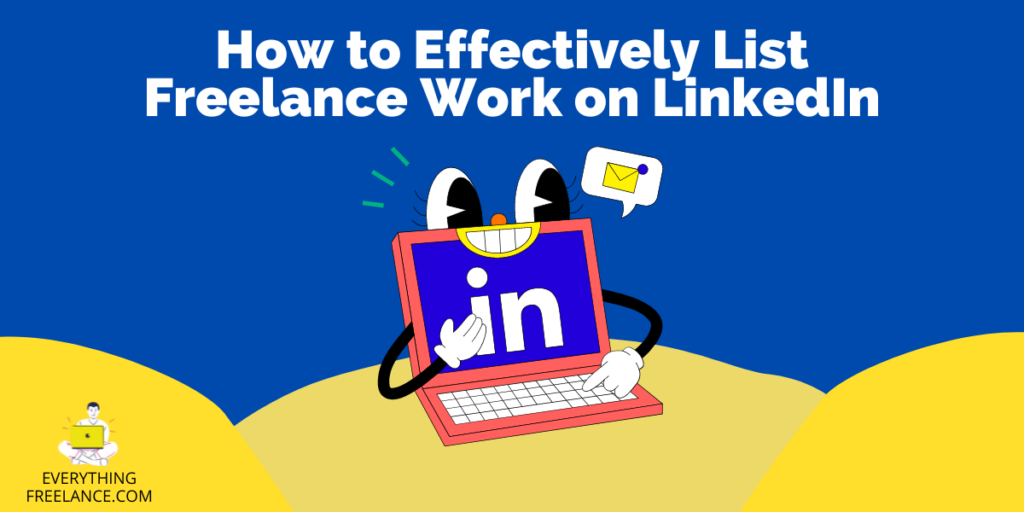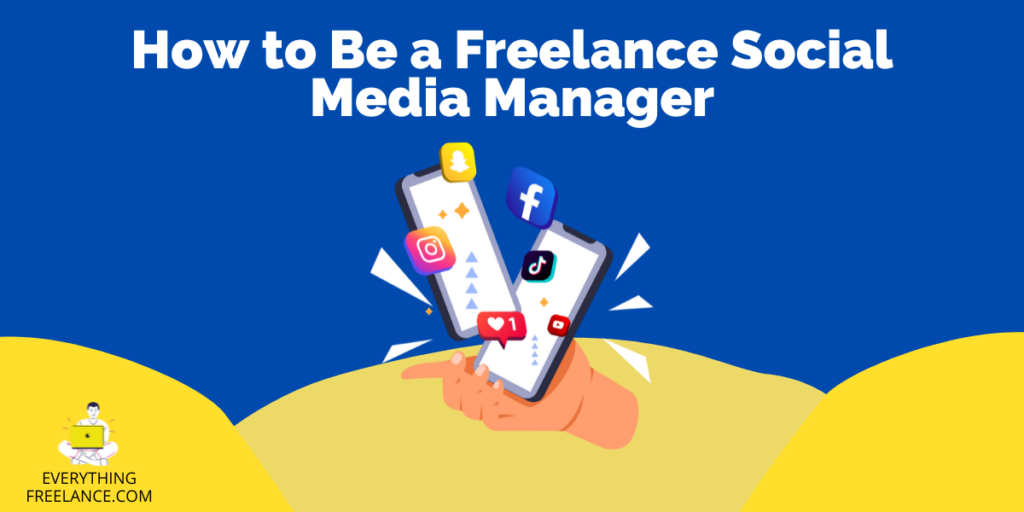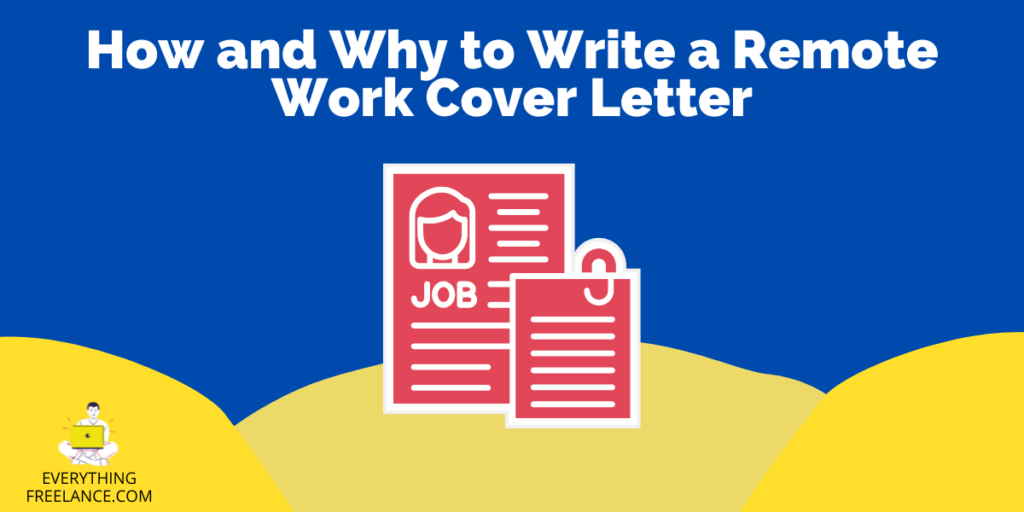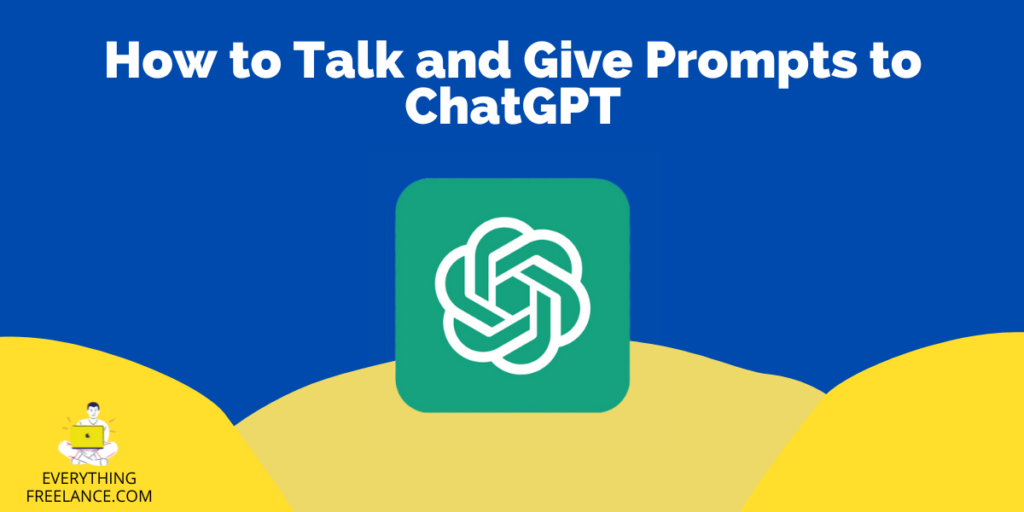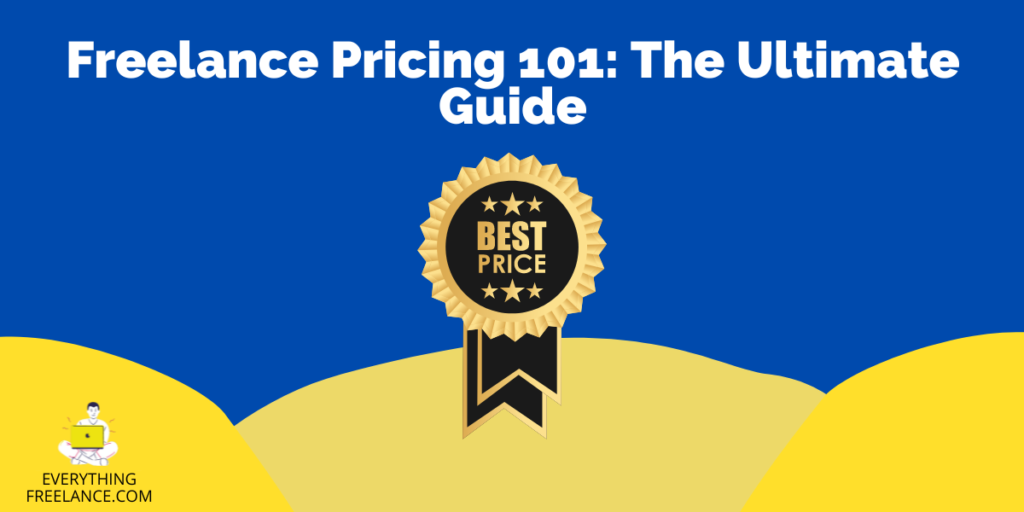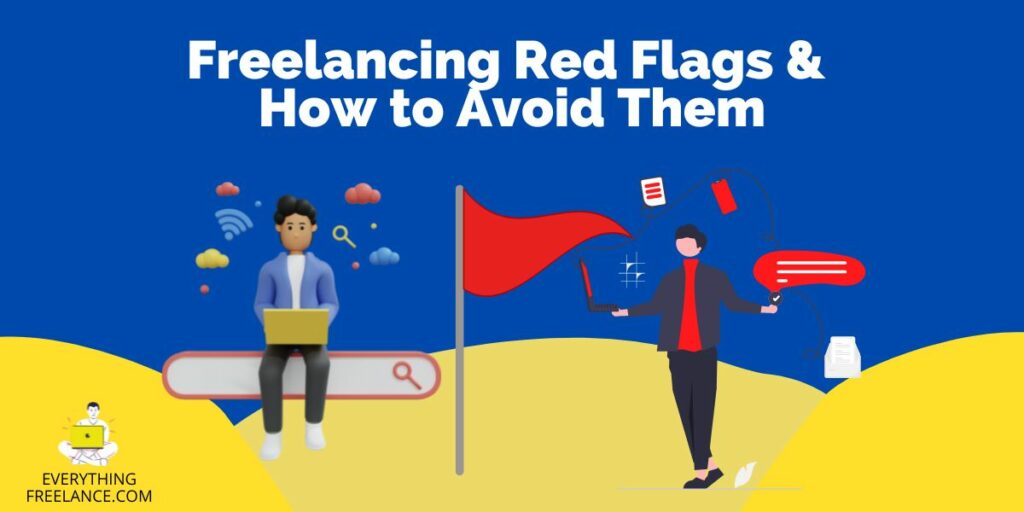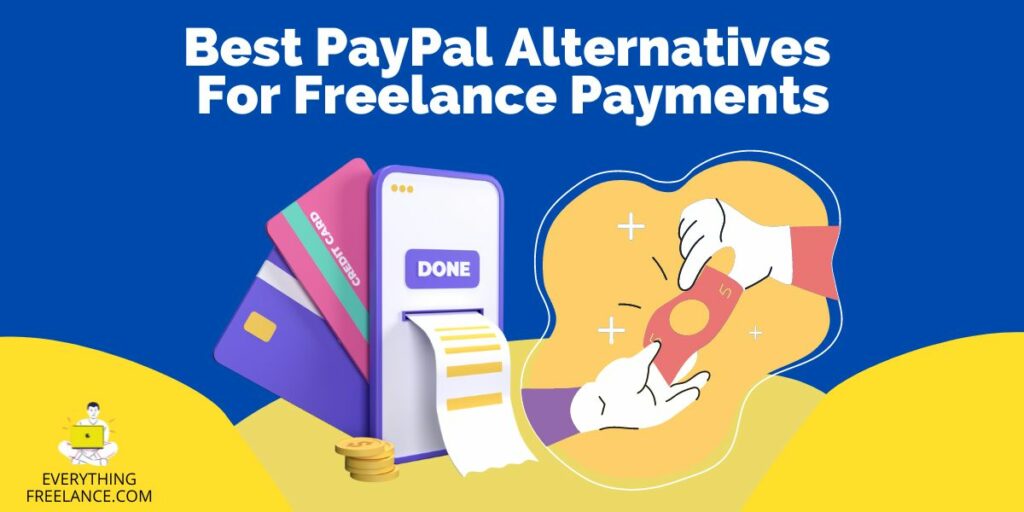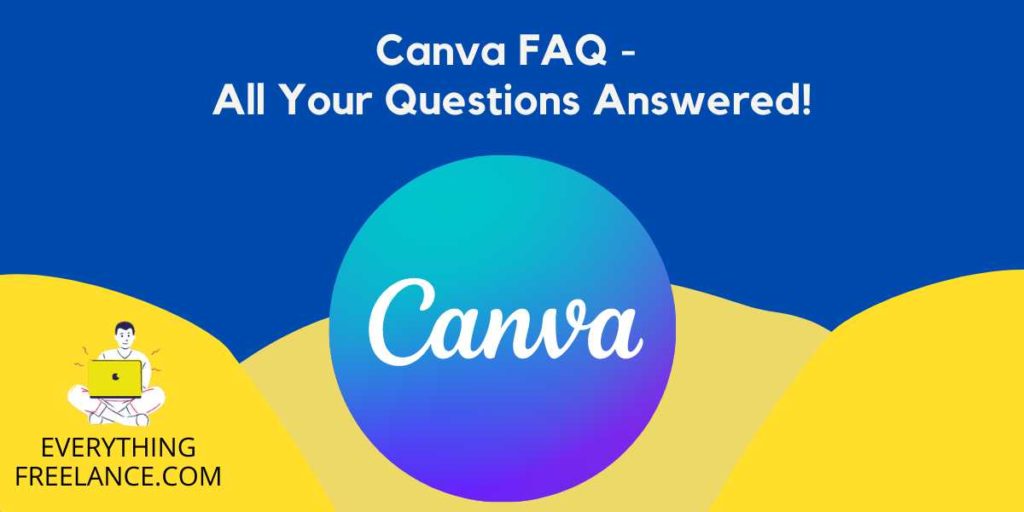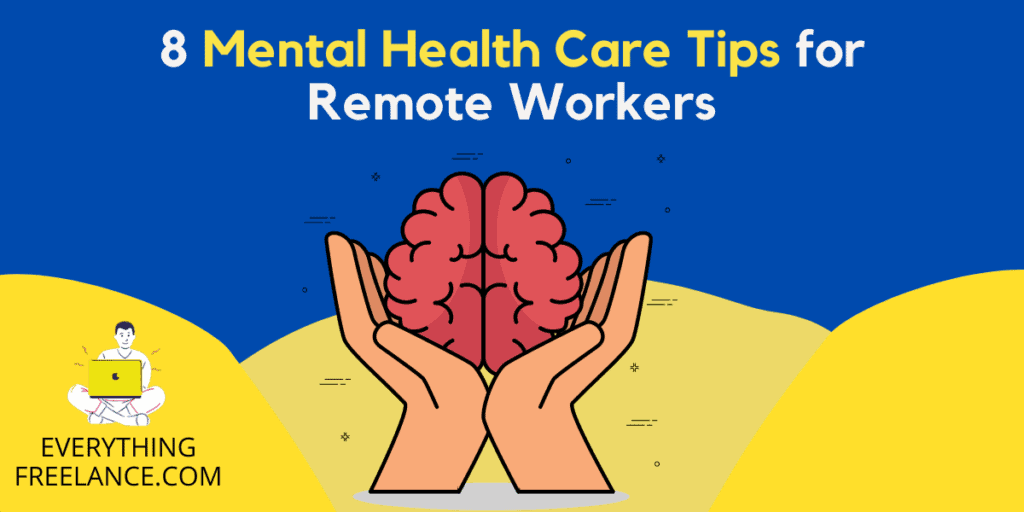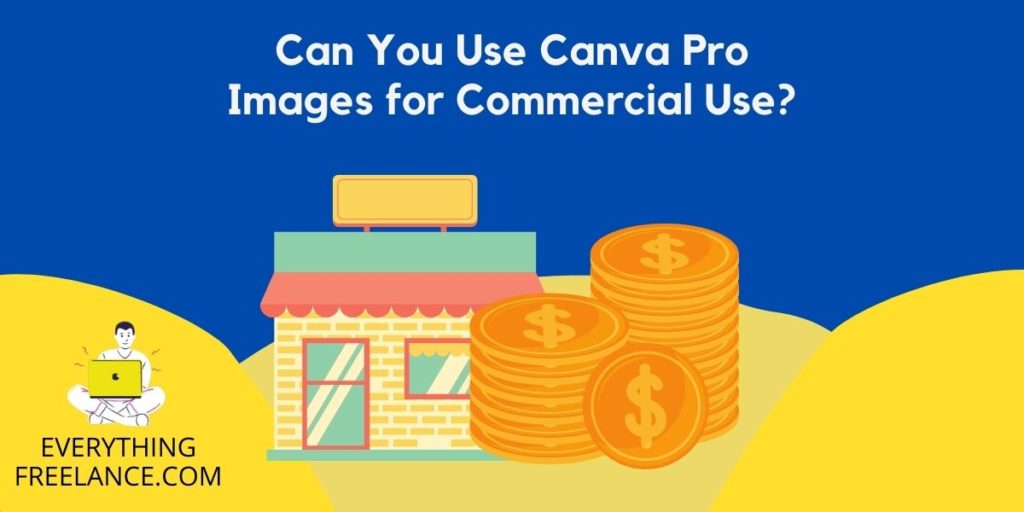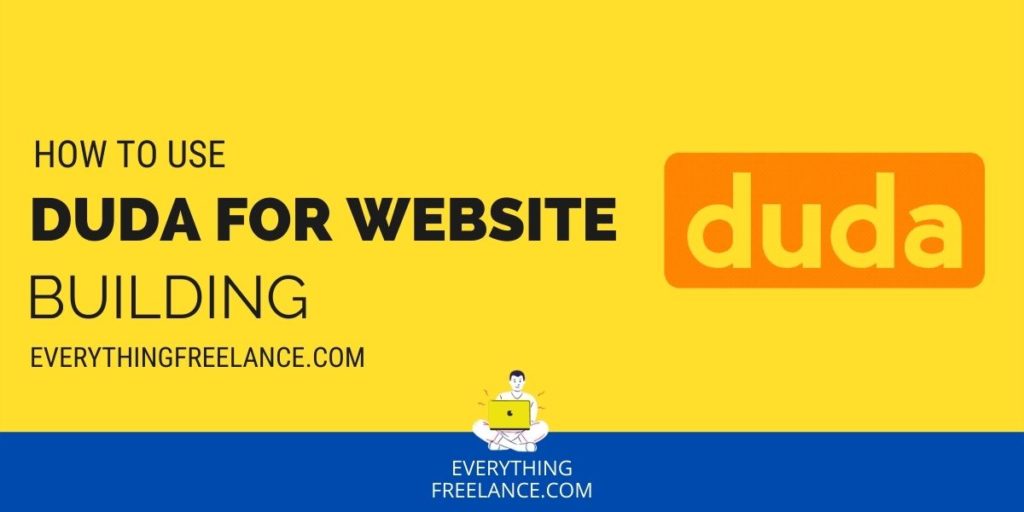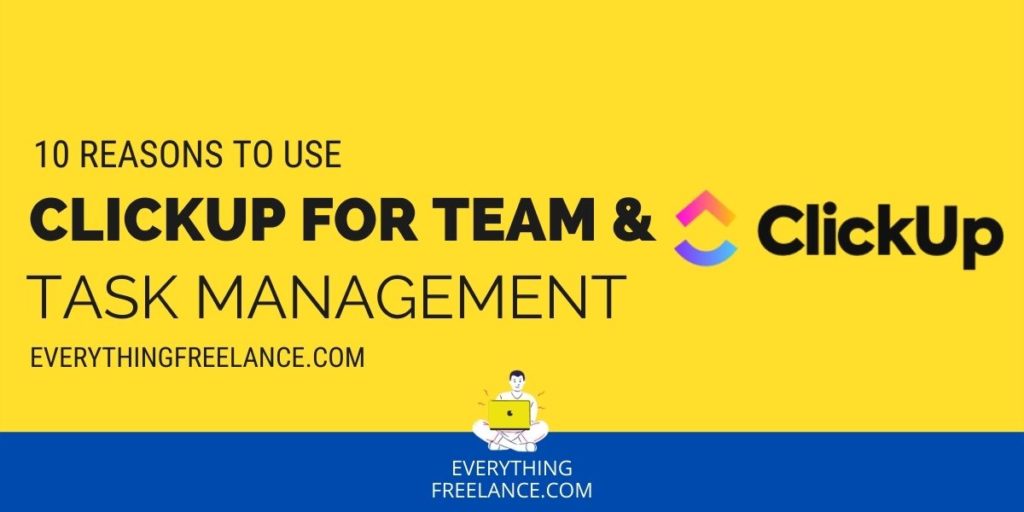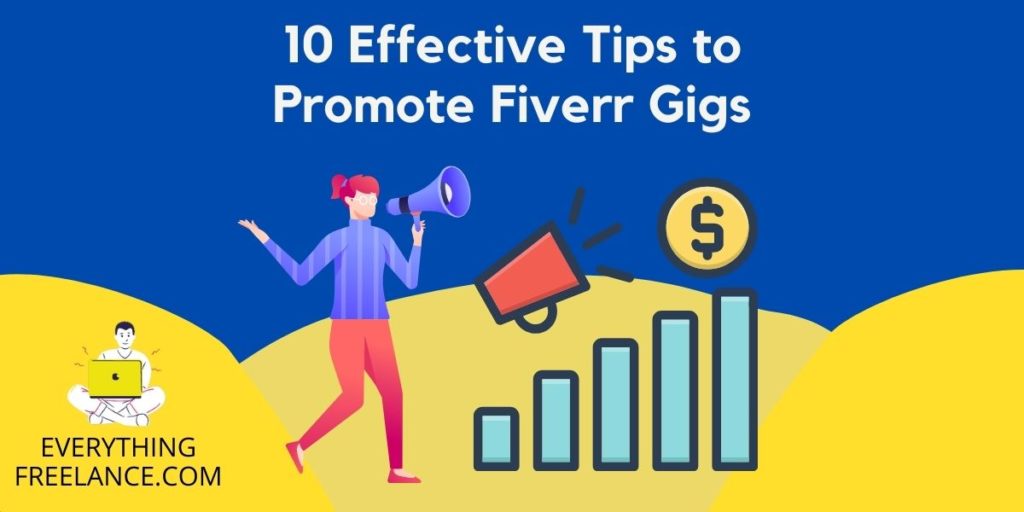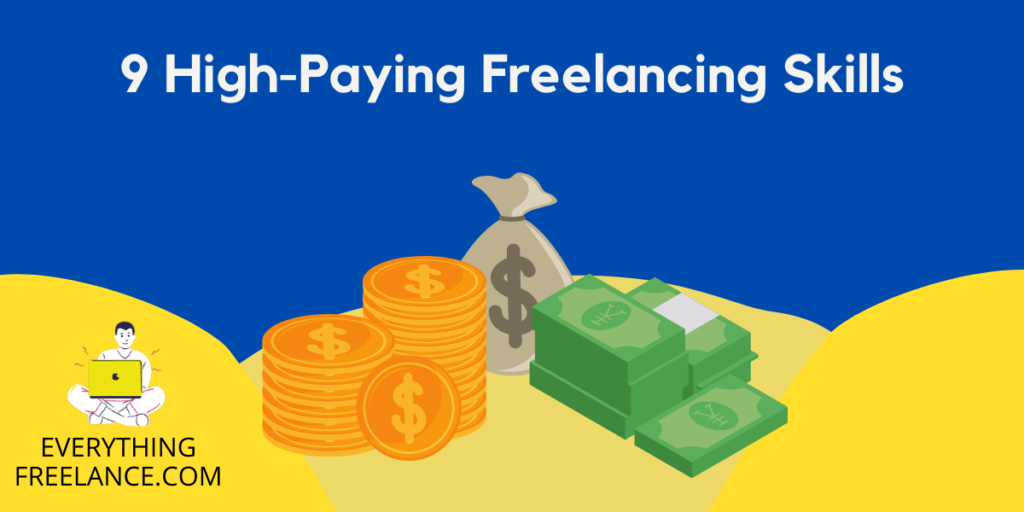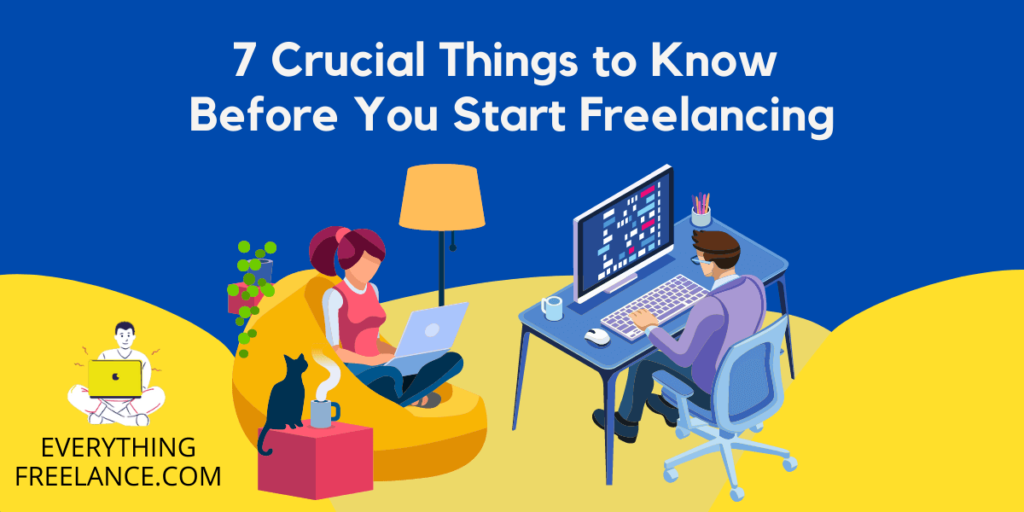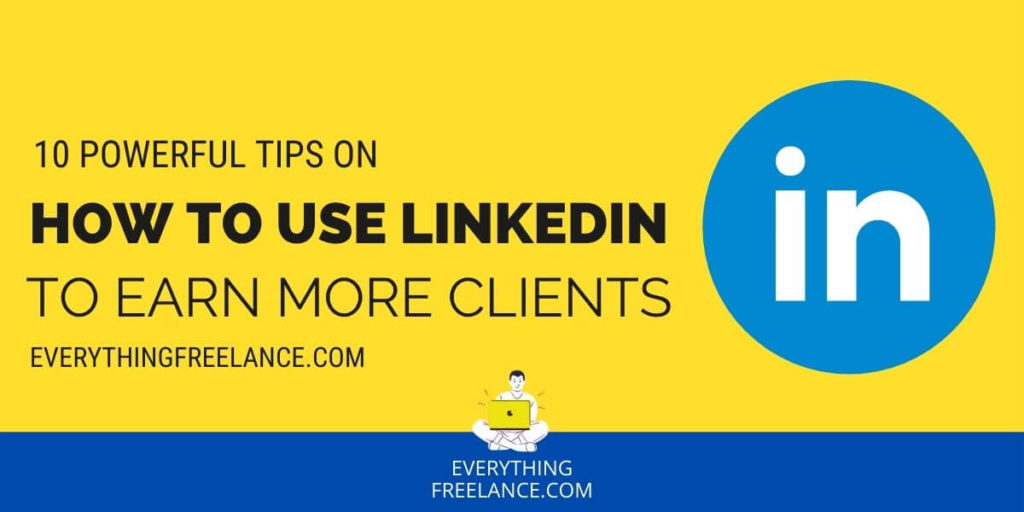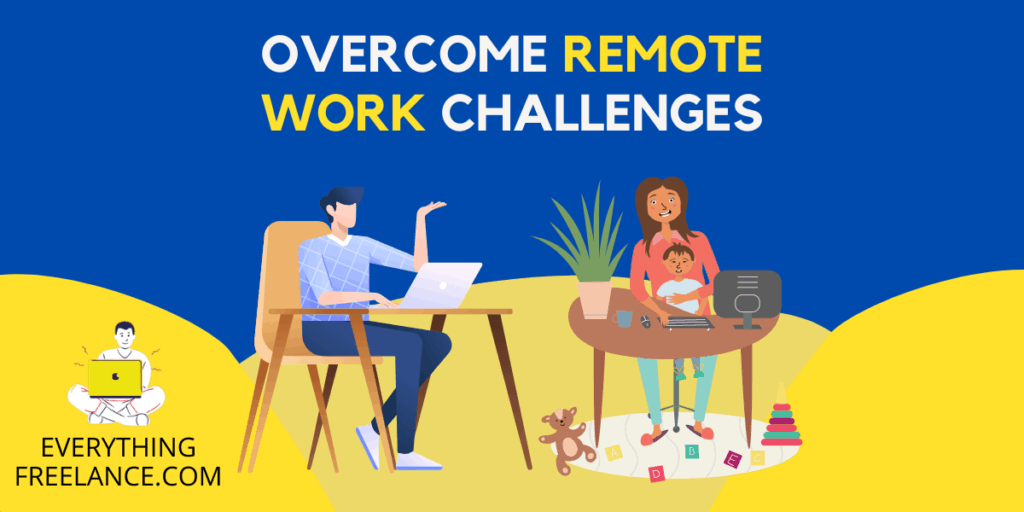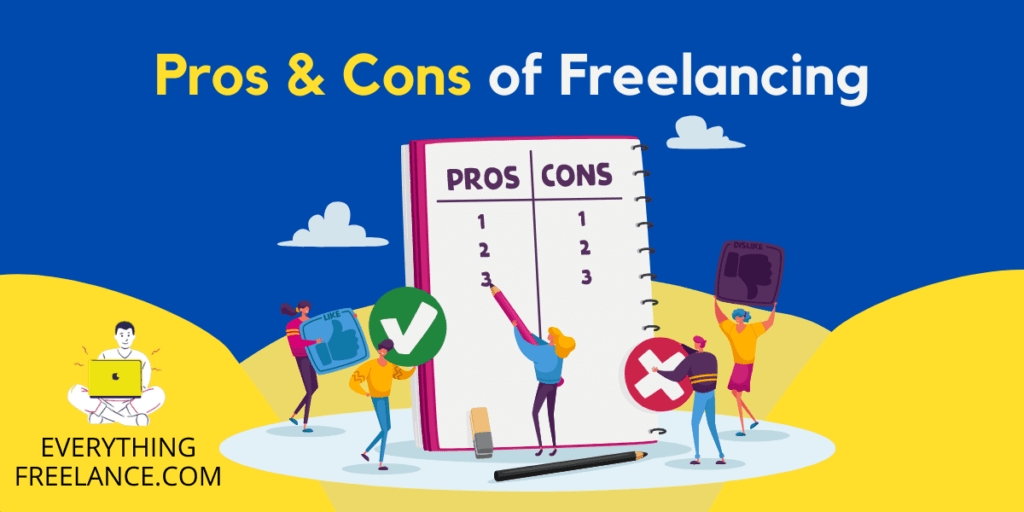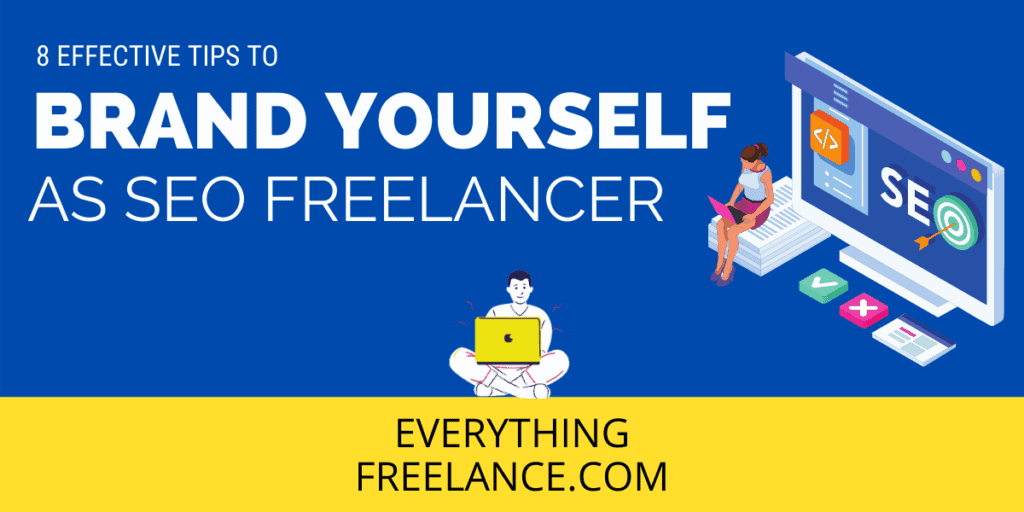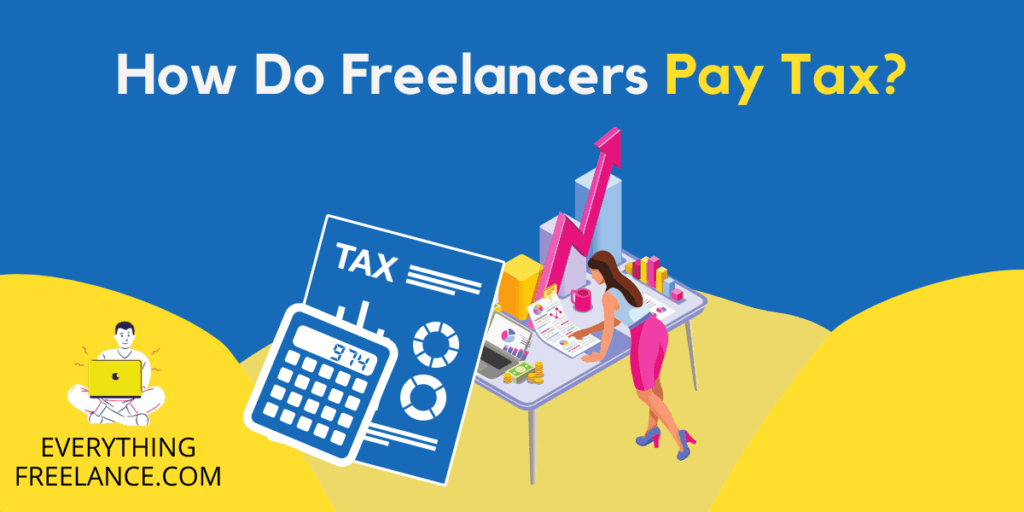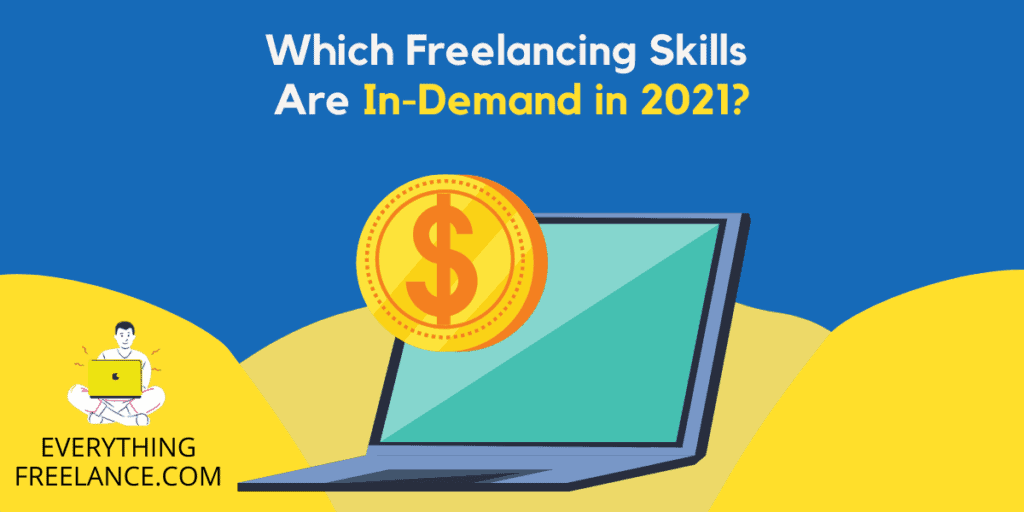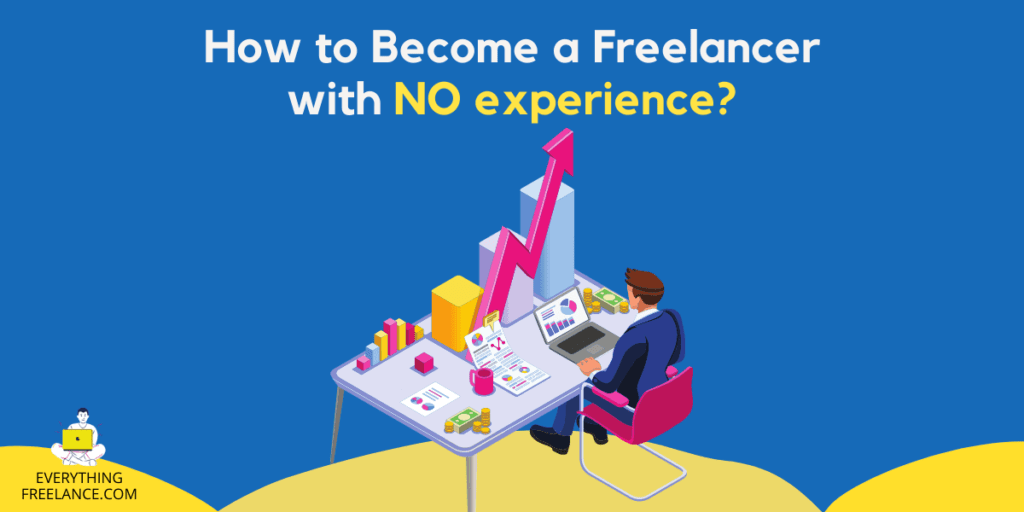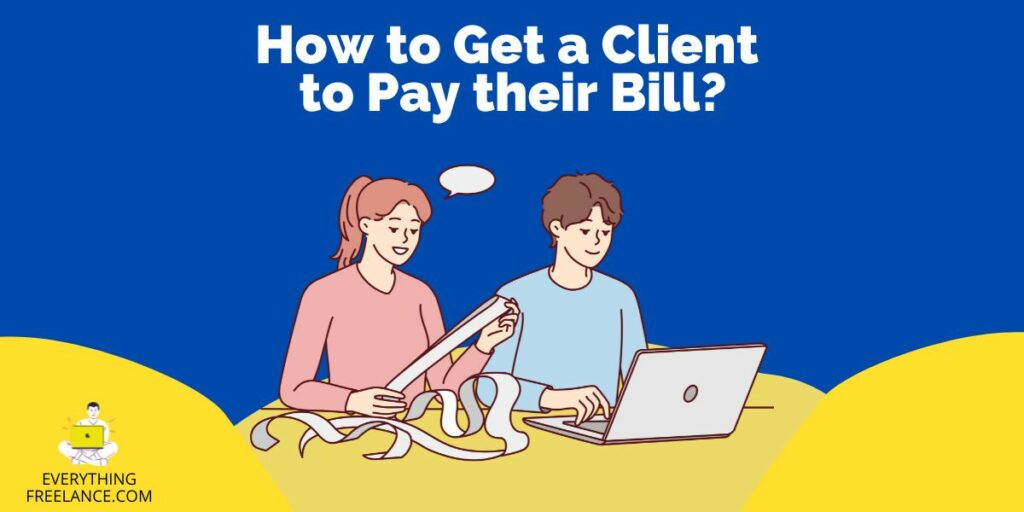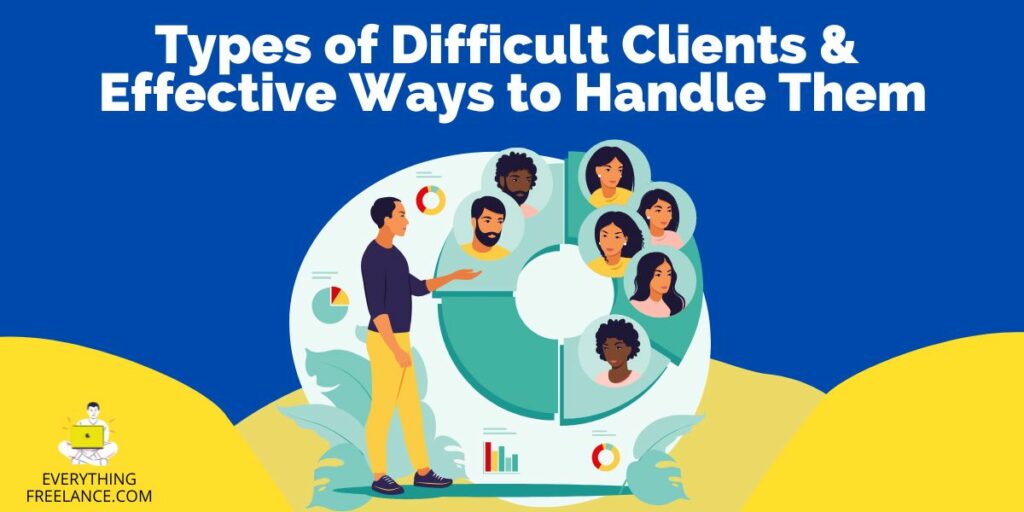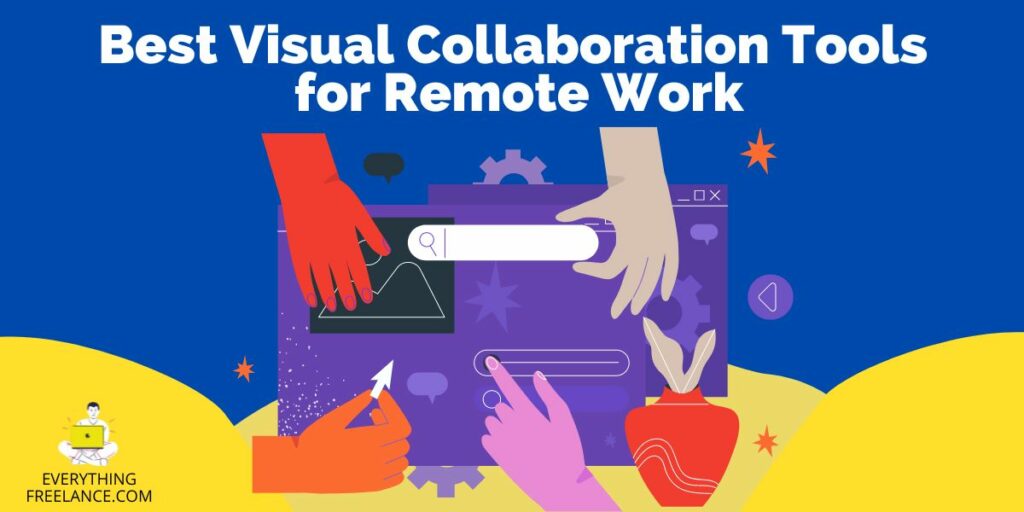The idea of branding might feel intimidating to you, but you should know that the freelance market is tough. The freelance workforce is growing very fast, and a recent Upwork study reported that freelancers would make up the majority of the population by 2027.
With statistics like this, it is essential to find ways to stand out from the crowd. You need to increase your presence and connect with your audiences. When you become a freelancer, essentially, you are a one-person business so look at yourself as a brand.
Branding yourself means the practice of marketing yourself. It is a proven fact that people connect much faster with face and personality than a business brand. Freelancing allows you to become a lasting brand that can withstand any business shifts.
In this post, we will provide you with some practical and actionable tips for branding yourself that you can start applying today as a freelancer.
Commence with Analysis
Start by searching your own name online.
Examine what potential clients can uncover about you. If you stumble upon concerning information, take appropriate action, such as requesting removal from the source. If removal attempts fail, consider creating content aligned with your brand, like a personal blog.
The next step is reviewing your social media accounts, including platforms like Behance. Ensure that nothing you’d rather keep private is publicly visible. Adjust privacy settings or, if necessary, remove content. Consistency is key; maintain uniform profile pictures to establish a clear online identity.
Incorporate links to your profiles to facilitate easy discovery, especially if someone with the same name is active. Tools like Fiverr, can assist in this endeavor. We recommend social media monitoring, like SentiOne, for a comprehensive approach. Keep your online data current.
Define Your Objectives
Identify your goals, as these drive your actions. Personal branding for freelancers hinges on aligning your values with the image you present. Different clients may prioritize distinct values.
Categorize your values and tailor your online presence accordingly. Consider industry-specific portals like Goldenline or LinkedIn and maintain an updated resume.
Strategize Your Actions
Not everyone has hours to dedicate to online image management, but allocating a few minutes each day is a practical approach. Consistency is key and ensures effective brand development.
Determine how you want to craft your expert image, recognizing that various industries have different expectations.
Content marketing is a valuable tool; consider starting a blog or contributing to expert articles. Attending industry events and conferences offers networking opportunities. Decide whether you want numerous smaller clients or a select group of high-value ones.
Collaborate and Build a Network
Leverage partnerships and associations with professionals in related fields. By offering your services alongside support from other subcontractors, you can enhance your market presence.
Self-Optimization
Assess and improve your personal brand. Understand your sales process, lead acquisition, and conversion strategies. Identify areas that need enhancement, such as website content or additional offerings.
Target Audience
Not all clients are suitable for your freelancing business. Define your ideal clients based on their willingness to pay a reasonable amount and satisfaction with your services.
Image Caution
Be mindful of potential pitfalls. Remember, what you publish can’t be easily taken back. Avoid violating contracts, publishing confidential or harmful information, or sharing personal details.
Specialization
Effective marketing relies on a quality product or service. Use tools like social media monitoring, Twitter search, Buzzsumo, or Ritetag to research your area of interest. Stay consistent and strategize, distinguishing between official work profiles and personal channels.
Optimize your online presence
Most of the time, consumers search online whenever they buy goods or services. You can gain a massive number of customers by creating a website that ranks well in search engines.
Make your website SEO-friendly.
Work on keyword optimization. Place all the phrases related to your business on your website strategically. Analyze the SERPs for the users’ questions related to your business and answer them on your website. Write high-quality blogs on specialized services and expertise you are offering. This will increase the traffic to your website, and more people will come to know about you and your business.
If you don’t have much grip on SEO, then instead of focusing on short, highly competitive keywords, try to rank for long-tail keywords with less search volume.
Create a Memorable Logo
Visuals can strengthen brand recognition. So, work on creating a unique logo for your business and place it throughout your website, blog, and profiles. The more you use your logo on marketing channels, the easier it will become for clients to differentiate your business from competitors.
Your logo needs to be a good one. There are dozens of online tools available on the internet that help you create logos, but if you’re not a graphic designer, it’s better to hire a talented professional to do this task.
Work on gathering reviews
It doesn’t matter how much time and money you spend on your marketing; you can’t attract customers if you don’t have past clients’ opinions. Consumers trust the opinions of past clients and pay more attention to your service based on those reviews.
Never hesitate in asking your customers to leave a review shortly after purchase when the experience is fresh in their minds.
It works as proof and evidence of your hard work.
Always respond to the review, whether it is positive or negative. It gives the clients an impression that you’re listening to their feedback and committed to doing better. Customers are more likely to trust you when you make an extra effort to respond to the reviews and give your business the benefit of the doubt.
Pick your social media channels.
So, you have created a website and logo. The next thing you need to do is to create marketing materials behind your freelance brand. But it won’t be enough; you’ll have to hustle, and social media is the best place to do that, where 37% of employers pick up new hires.
Many freelancers think they have to be on every social media platform, but it is not true. Fewer networks can give you better results. Focus on identifying the right social network according to your services.
Social media platforms you should be on
Below is the list of social media networks you could be owning as a freelancer:
- Facebook – This platform can be beneficial for all freelancing niches.
- Instagram – You can use it if you’re a photographer, designer, or artist. This is not that good for developers.
- YouTube – Currently, it is the biggest video-sharing platform. If you’re a graphic designer, video editor, or social media personality and have video editing skills, you should create a channel and start publishing videos over there.
- Twitter – Always use the right hashtags that can help you connect with your niche. Freelancers from every industry can be successful here.
- LinkedIn – Every freelancer should have an excellent LinkedIn profile. It should highlight all the skills you have and examples of your work.
Branding yourself as a freelancer isn’t that much hard if you choose the right social media platform. It allows freelancers to share their passion and attract new business at the same time.
Content Creation
Create meaningful content to reinforce your personal brand. Produce valuable graphics using Canva and manage multiple accounts with Buffer or Hootsuite.
Engage with your audience, unfollow non-engaging connections, and identify potential contacts with advanced Facebook queries. Remember, you are the CEO of your personal brand; manage it accordingly.
Start Blogging
A blog is an essential tool that helps freelancers expand their brand statement and promote their services. However many freelancers are unaware of the advantages attached to it.
I know freelance marketplaces are doing great, but you should also promote yourself independently as a freelancer. You can get your business done without any commission fee on your blog.
There is a myth that only writers should have a blog. Freelancers from every industry should have a blog where they highlight their work.
You don’t need to be an experienced writer or WordPress expert to write a post. You only have to provide enough information to engage your reader. If you want to rank for a specific keyword, you will have to acquire SEO knowledge or hire a professional SEO expert.






